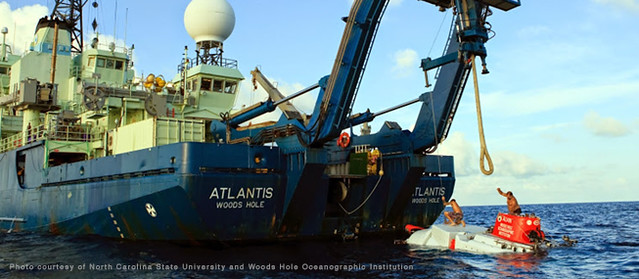 With funding from the National Science Foundation (NSF) a group of researchers from Duke University, North Carolina State University and University of Oregon just completed an intensive deep-sea survey in the Gulf of Mexico.
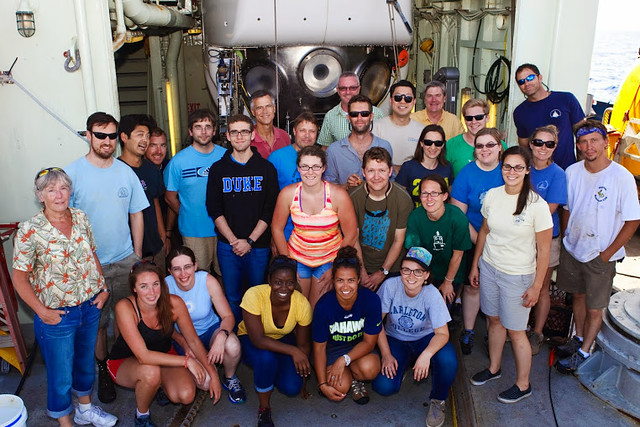 Photo courtesy of North Carolina State University and Woods Hole Oceanographic Institution
|
|
The major objective of this research cruise was to advance understanding of connectivity in the deep sea. This was done with sophisticated ocean observing technology and platforms including the state-of-the-art deep sea submersible Alvin.
Using taxa found at cold seeps the researchers will quantify variability in oceanographic circulation, life histories and biological genetics. Mooring recoveries and deployments, Alvin seep sampling, MOCNESS plankton sampling, AUV Sentry high-resolution mapping, CTD casts, XBT’s and Hydrophone were all conducted.
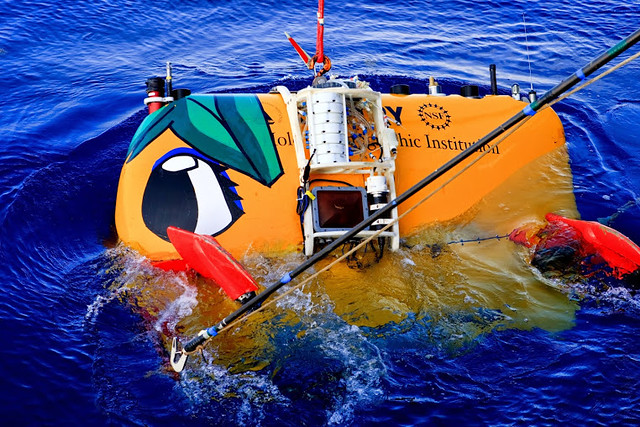 Photo courtesy of North Carolina State University and Woods Hole Oceanographic Institution
SECOORA PI Ruoying He (also a co-PI of this NSF project) was a member of the survey science team, making his first Alvin dive to 2500 m (8202 feet). Some of the photos taken during the cruise and his Alvin dive can be viewed here.
|
|
"My exploration on board Alvin was a very exciting experience. The entire divewasapproximately 8 hours. It took Alvin about 3 hours round-trip traveling between the ocean surface and bottom, and during the rest of time, we wereat the sea floor observing and taking samples. While I knew there is a deep sea marine ecosystem from reading text books and scientific papers, I was still completely blown away when I saw a myriad of marine lives in the pitch dark, freezing cold environment at the bottom of the gulf nearly two miles below the surface. This reminds me how essential observations are for understanding our ocean.” Ruoying said to SECOORA staff.
|
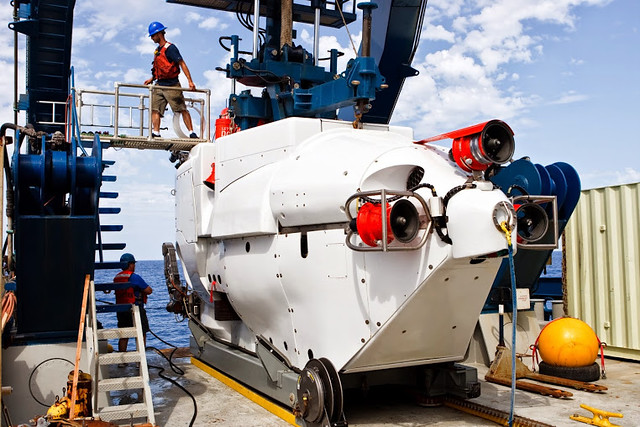 Photo courtesy of North Carolina State University and Woods Hole Oceanographic Institution
|
Related news
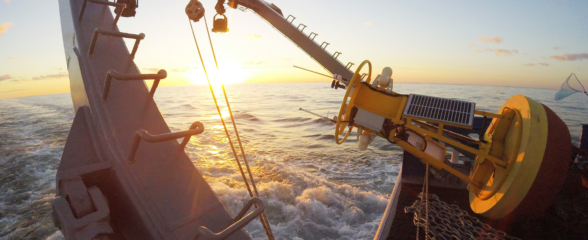
Funding Cuts to NOAA IOOS Will Hurt the Southeast
Proposed federal funding cuts would eliminate the IOOS Regional Observations budget for next year. Contrary to the budget Congress has already approved for this year, the Executive Branch wants these proposed cuts to go into effect in 2025.
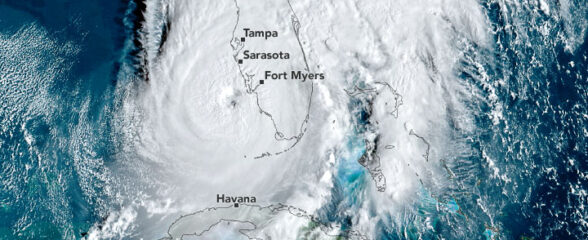
SECOORA Webinar on the Rapid Intensification of Hurricane Ian: Warm Subsurface Water on the Wide Continental Shelf
Join us Thursday, April 24th at 12 PM ET for the April installment of the SECOORA Coastal Observing in Your Community Webinar Series! This month, we will hear from Dr. Yonggang Liu from the University of South Florida. He will discuss his research on the rapid intensification of Hurricane Ian in relation to anomalously warm subsurface water on the wide...
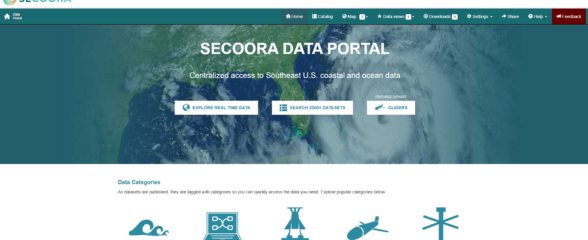
Webinar: SECOORA Data Portal Demo
Join us on Thursday, February 20, 2025 at 1:00 PM ET to learn more about the SECOORA Data Portal and how to navigate it. Axiom Data Science will be providing an overview of the portal, including how to search the Catalog and make a custom data view.